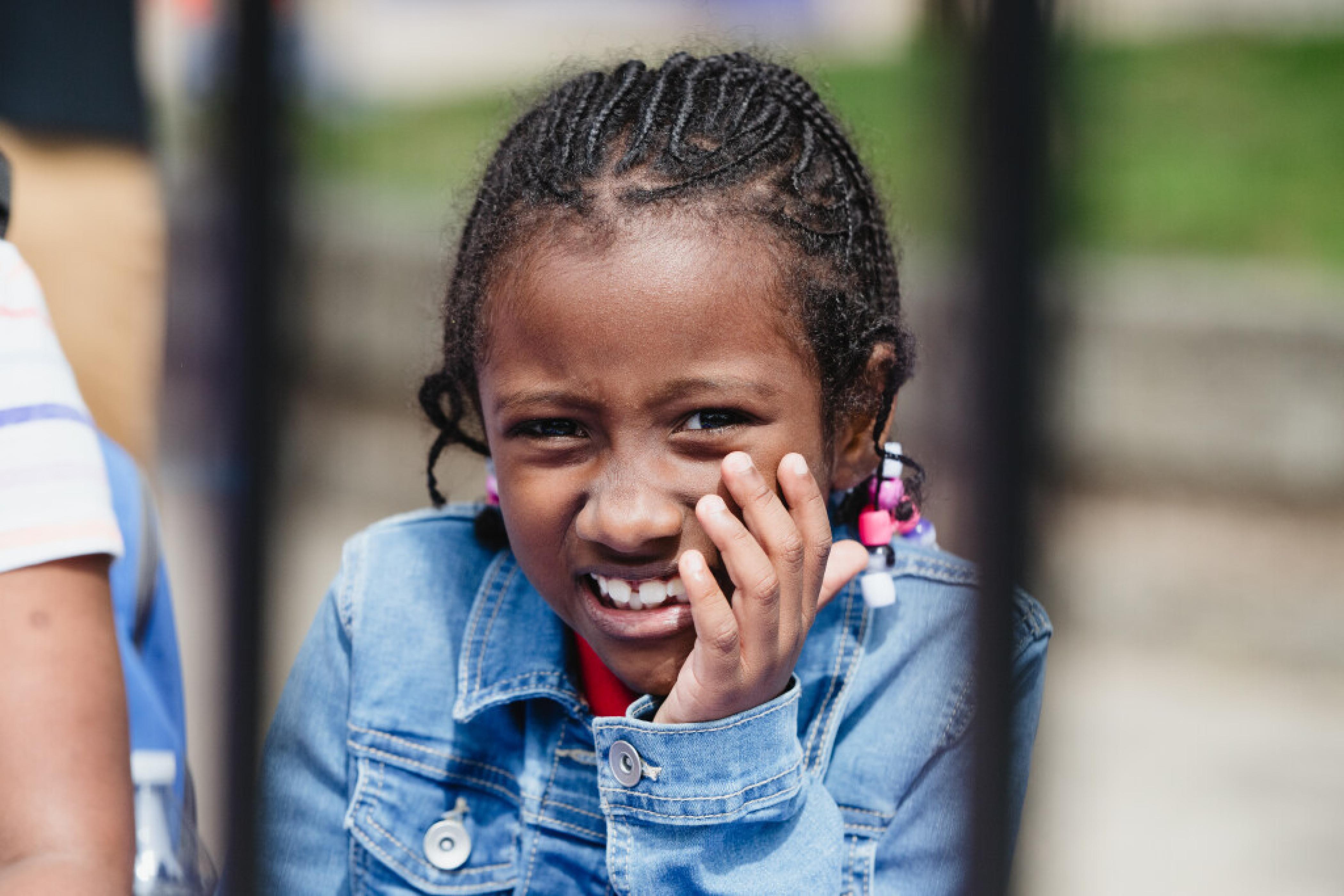Resources for Family Health and Well-Being
Turn to our pediatric experts for trusted information dedicated to nurturing the wellbeing of your family. Here, we offer a curated selection of blogs, resources, and supportive kits that speak to all life's ages and stages.

